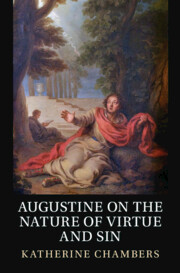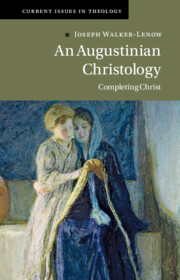In this article, I propose an account of episodic memory and episodic future-directed imagination for which I invent the term, ‘embodied constructivism’. Embodied constructivism, I claim, is a more sophisticated, enactivist version of Augustine of Hippo’s constructivist account of memory and expectation on which rest his epistemic claims concerning how God is known and remembered. However, embodied constructivism avoids metaphysical issues facing Augustine’s account by drawing on cutting-edge theories in philosophy of memory, studies in experimental psychology, and recent findings in cognitive neuroscience. Embodied constructivism is a synthesis of two contemporary theories of memory: an embodied theory of memory generation – specifically, autopoietic enactivism – with a constructivist model – specifically, simulationism. As embodied constructivism asserts, mentally travelling to the past to relive it in episodic memory and mentally travelling to the future to pre-live it in future-directed imagination are co-functional processes. In addition to preserving Augustine’s epistemic claims concerning how God is remembered and known, a further upshot of embodied constructivism is that it illustrates the importance of philosophy of science to theology in its reliance on a scientifically rigorous model of memory in defence of epistemological theology.

